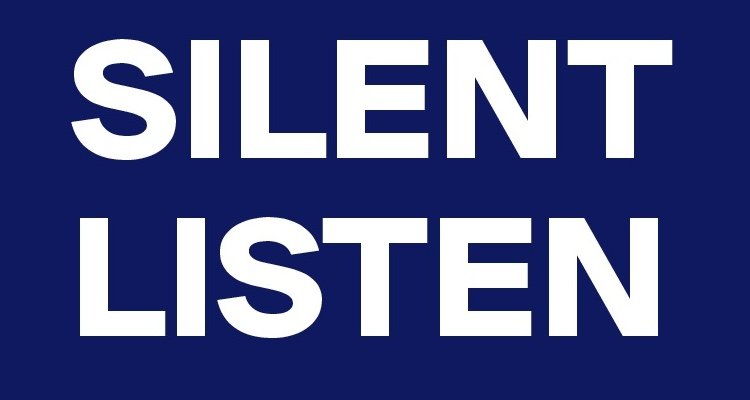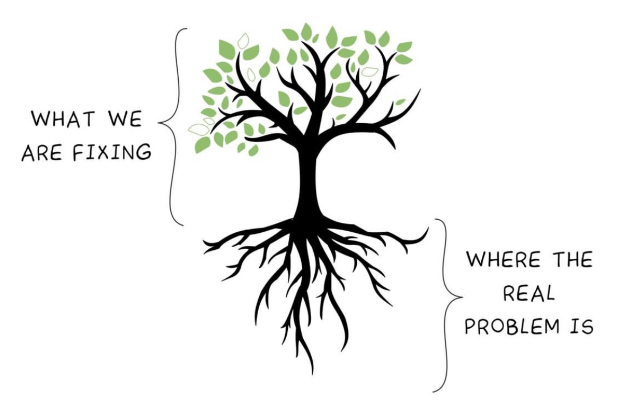How to improve your workplace’s DEI for mental health?
1. Focus on culture
Encourage employees to be their authentic selves, eliminating the need for code-switching.
2. Educate your employees
Implement mental health training to help leaders and managers identify issues and support employees in seeking help.
3. Provide opportunities
Offer flexible workspaces and time off to prevent burnout and stress-related illnesses.
4. Eliminate negative factors
Address and eliminate micro-aggressions, unconscious bias, social exclusion, discrimination, harassment, and physical violence.
5. Diversify your mental health care
Assess the diversity of your mental health professionals. For example, what percentage of mental health professionals are white in Denmark? What percentage are women? What percentage are LGBTQ+?
6. Talk to your employees
Use anonymous engagement surveys to gather honest feedback from employees.
7. Implement wellness programs
Introduce programs such as meditation, gratitude training, and physical exercise to reduce anxiety and depression.
I think by ensuring that the team driving these efforts is diverse, you can better navigate the fine line between authenticity and discrimination and avoid perpetuating existing inequalities.





















